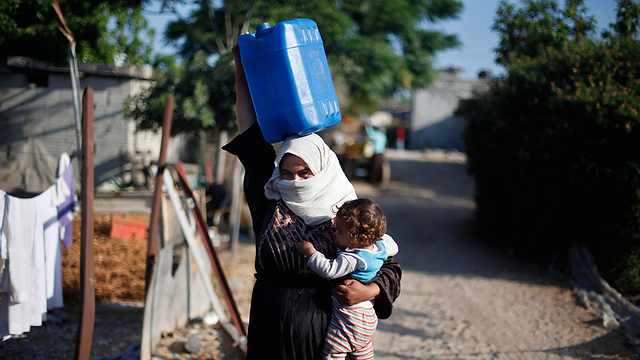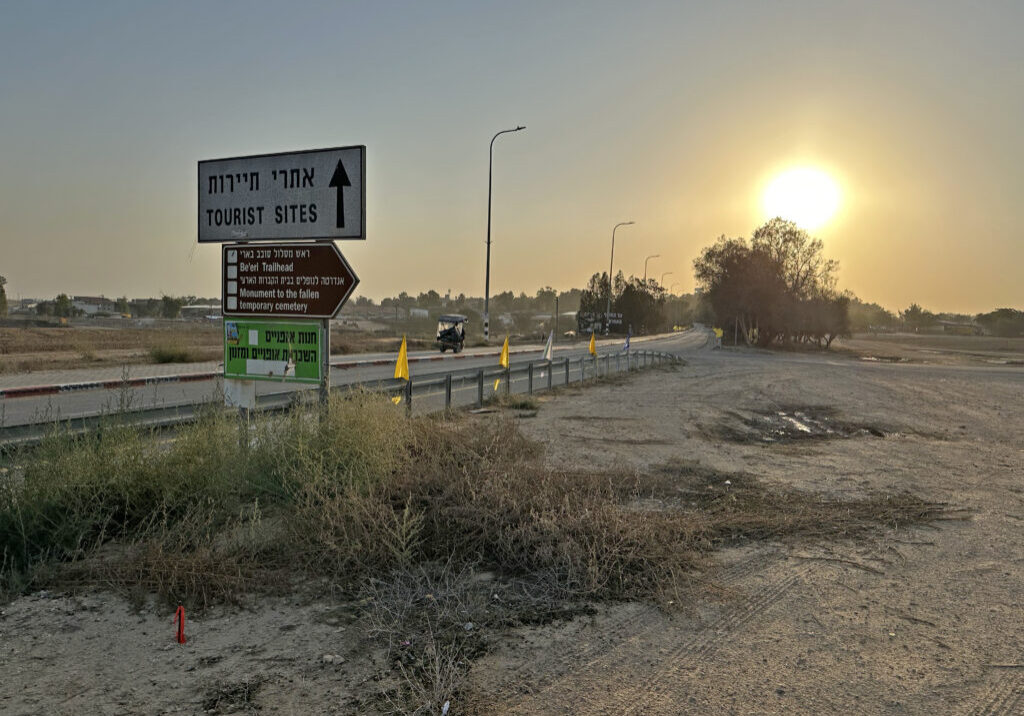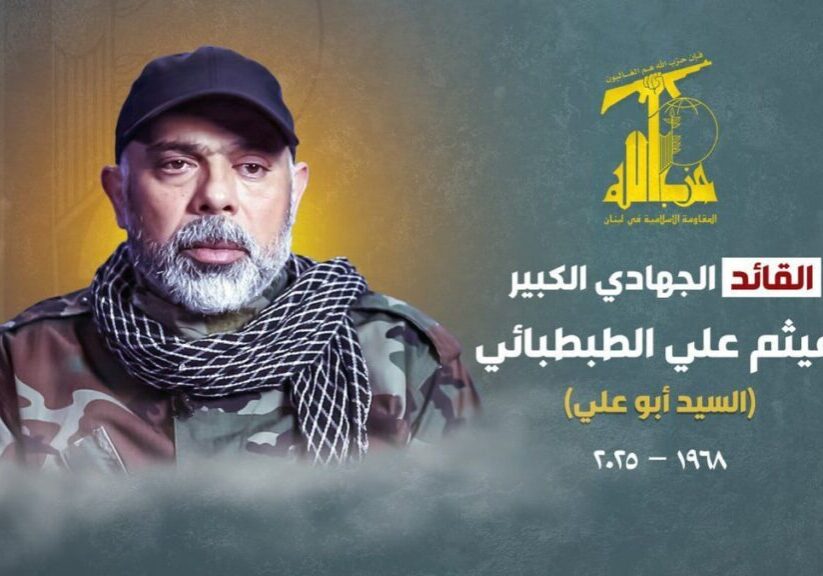Australia/Israel Review
Scribblings: Non-sequiturs on Gaza’s water problems
Aug 31, 2017 | Tzvi Fleischer

Tzvi Fleischer
While some of the claims one often hears about Gaza from UN and aid agencies are exaggerated, it is not a pleasant place to live and likely to get worse. The biggest problem is water – Gaza’s water table has been over-pumped, allowing salt to creep into it and making most of the water unfit for domestic consumption.
The solution is well-known: Gaza needs to use the same method that Israel has used to completely fix its own water-shortage problems over the past decade – desalination (as well as reclamation of wastewater). Desalination is being done on a small scale, but it needs to be done on a much larger one. And indeed there are plans being considered to build a desalination plant capable of supplying all of Gaza’s residents.
What’s holding it up?
Basically, the same thing that has been holding up most improvement in the lives of Gazans – the cold war between Gaza’s Hamas rulers and the Fatah-controlled Palestinian Authority (PA) which runs the West Bank and which ruled Gaza until Hamas expelled it in a coup in 2007.
A story from the semi-official Palestinian news agency Maan on Aug. 3 described how a senior Fatah official in the Gaza strip, Abdullah Abu Samhadana, explained the obstacles to building the plant:
“Abdullah Abu Samhadana, on Wednesday called on Hamas to overcome all obstacles to start work on the project to build the largest desalination plant in the Gaza Strip, describing the project as strategic. ‘The importance of this project is that it serves 2 million Palestinians and delivers desalinated water to every house in the Gaza Strip,’ Abu Samhadana said during an inspection tour conducted by the delegation of the Water Authority…
“He called on the media to shed light on this issue because of its importance and to use public opinion to exert pressure to accomplish this project.
“He said that President Mahmoud Abbas had issued a presidential decree allocating 100 dunums of land west of the city of Khan Younis to establish an alternative power plant to operate the desalination plant in the light of the worsening electricity crisis, while the Hamas land authority in the Gaza Strip refuses to implement the decree.'”
Abu Samhadana says the plant would cost US$600 million and it was only the “position of the Land Authority in Gaza on the ground” that prevented the PA from gathering the finances needed to begin work on the project.
Abu Samhadana’s claims probably deserve to be taken with a grain of salt, especially since, in an effort to pressure Hamas, the PA is currently attempting to limit the amount of electricity Gaza receives. Obviously, reliable electricity would be essential to keeping any desalination plant running.
Yet here’s the key point – no one on either side says it is Israel’s fault that the plant is not being built. Of course Israel would not stand in the way of such a plant. The problem is that Hamas has no intention of allowing the PA to build and run a desalination plant on its “turf”, and is incapable of raising the donor funds to do so itself. And the PA is not going to build the plant simply for Hamas’ benefit.
None of this has anything to do with Israel’s blockade of the Gaza Strip. Even if that were completely lifted tomorrow, nothing about the water situation would change.
Yet every time the dire situation in Gaza, especially concerning water, is cited in NGO and UN reports, it is almost invariably accompanied by a call to lift the Israeli blockade, implying this is the solution.
It’s not and in fact the link made between the two is actually almost a complete non-sequitur.
No choice but to pay salaries to terrorists?
The Palestinian Authority has been adamant that it cannot and will not stop its policy of making large monthly payments to imprisoned Palestinian terrorists. This is despite efforts such as the proposed Taylor Force Bill currently being considered by the US Congress, which would limit aid to the PA unless this practice stops.
The PA President Mahmoud Abbas stated on July 2 on the Facebook page of the Fatah movement:
“Even if I will have to leave my position, I will not compromise on the salary (rawatib) of a Martyr (Shahid) or a prisoner, as I am the President of the entire Palestinian people, including the prisoners, the Martyrs, the injured, the expelled, and the uprooted.”
To be clear, these are not normal welfare payments, which are much lower, and monthly amounts paid to prisoners are directly linked to the length of the sentence and thus the severity of their crimes.
Now you might think that Abbas has no choice because Palestinian public opinion demands he take this stance – especially since his own popularity is known to be quite shaky. Except this is not really true. It is true that if you ask Palestinians whether the PA should “stop” payments to prisoners, they overwhelmingly say no, according to a poll taken in July. But if you instead ask whether “the PA should give prisoners’ families normal social benefits like everybody else, not extra payments based on their sentences or armed operations?” as a poll asked in June, two-thirds of Palestinians surveyed say yes.
So Abbas has options for dealing with the problem that would be popular – he can change the salaries to normal social welfare payments. The fact that he is unwilling or unable to do this – even at the risk of aid on which the PA relies – is yet more evidence of the problematic way that the Palestinian national movement under Abbas is unable to move beyond old thinking.
Tags: Israel






